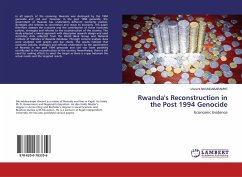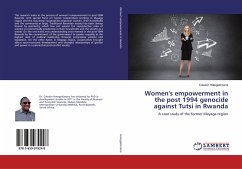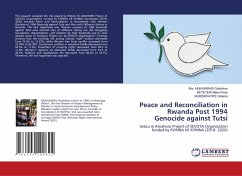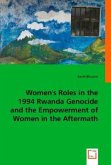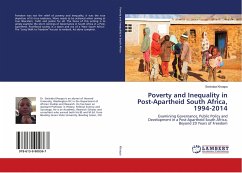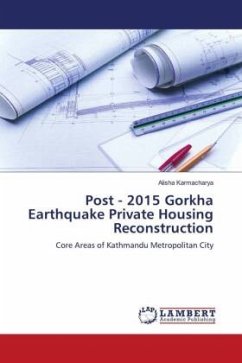In all aspects of the economy, Rwanda was destroyed by the 1994 genocide and civil war. However, in the post 1994 genocide, the government of Rwanda has undertaken different economic policies, strategies and reforms to reconstruct and revive its economy. This paper therefore assesses the outcome and the contribution of those economic policies, strategies and reforms to the reconstruction of the country. The study adopted a mixed approach with descriptive research design and used secondary data collected from the World Bank Group and National Institute of Statistics of Rwanda database. Through content analysis, data were analyzed with graphs and bar charts. The results indicate that economic policies, strategies and reforms undertaken by the government of Rwanda in the post 1994 genocide and civil war have positively contributed to the reconstruction of the country. Nevertheless, there is still need for making efforts to meet the target as there is a gap between the actual resultsand the targeted results.
Bitte wählen Sie Ihr Anliegen aus.
Rechnungen
Retourenschein anfordern
Bestellstatus
Storno

